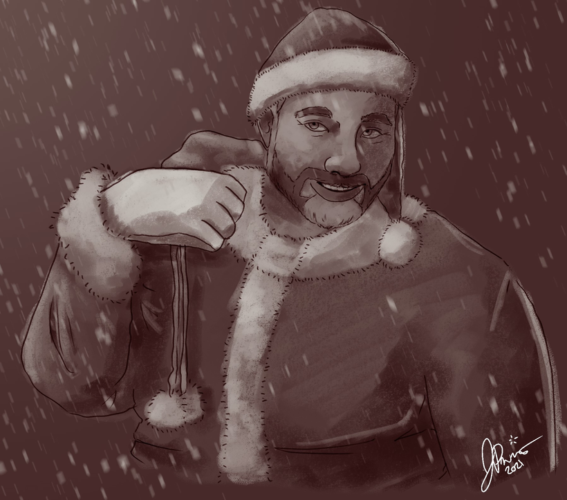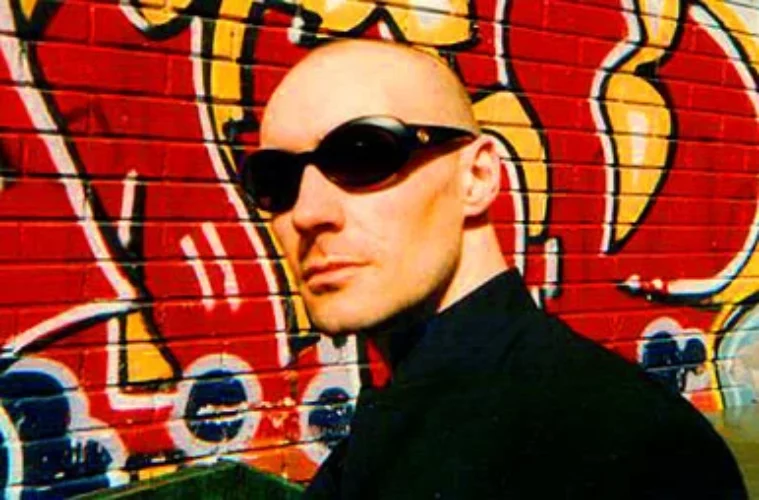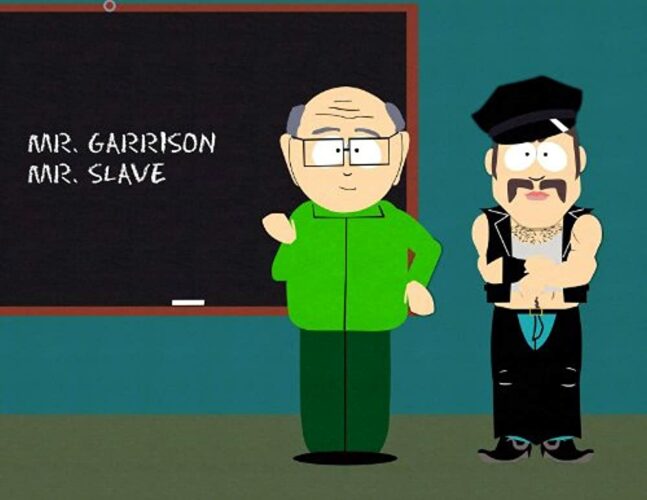Bug Report 5
The monstrosity of a sandwich, with your own head as the head meat.
A mob carrying scissors gathers outside the doctor’s office. Madness and unreason, they cry, and then cut the building from its foundation, jetting it into space. A nurse within bellows: The promise of all things lunar! She laughs herself into sudden diphtheria.
Now at last the world is rational, chants the mob below in steady Gregorian unison. Without extraneous body parts, the mob approves of this world where people are called billionaires because money, in all its pustulant qualia, is a more reliable metric than behavior. They buzz efficiently without earlobes and appendices. They also have no words like uncle, hunch, or kiss.
The last time anyone said SPASM, a huge pair of scissors neatly beheaded her and a large neon sign by the empty swimming pool of Ohio’s most abandoned hotel lit up with the phrase A CHOREOGRAPHY OF MATERIAL MALREMEMBRANCE. Centuries of darkness followed.
A man with no nipples stands at the edge of a cave and shouts inward: Clarity and reason are preferable to their opposites! This is not a matter of subjective taste or aesthetics! Indeed I am no subject! My only role is to oversee the entry of all items into a Microsoft Excel spreadsheet, ensuring and lubricating their conversion formulas!
Silhouetted at the cave edge by a glorious sunset, he begins grunting: Humans reproduce so that rationality itself may spread! We are stewards! The manifest destiny of dollar signs! Do you hear me? Someone is getting pregnant and I don’t care who! I take no pleasure but I must must must have sex with Microsoft Excel! So fertile! So fertile!
He is alone by the caveside, hands at his sides. They have no ringfingers. The camera pans skyward and the cinematographer audibly joins in the chorus: So fertile!
God renames the file ENDGAME.xls and saves it to the desktop of his Macintosh SE/30. The year is 1992, and He has recently installed System 7. One of the neat features, He has discovered, is the Make Alias function in the File menu. He creates a folder, makes an alias of that folder, and drops it into itself. Now you can keep clicking it open forever. This is hilarious, He thinks, and decides to do it for infinity years.
You and I are meanwhile damned, beyond the divine eyeball’s capacity to sniff. This is because we are still in the waiting room of the doctor’s office, floating high above Earth, having been scissored for our sins. We hover, wondering if someone has secretly put us in a zoo, limboing beneath banners that bill us as Impossibilia from the Jungle—my soul anchored like a great goat carcass spanning esoteric disasters: the unspeakable. Spare grief for the truly pious and try ardor toward the merely lewd. Your fiancé wants to buy a motorcycle. This will never happen because you hate him.
The door opens and our appointment time is at last here. Couples counseling. I’m afraid, the doctor says, that anything I tell you will be without semiotic referent.…








